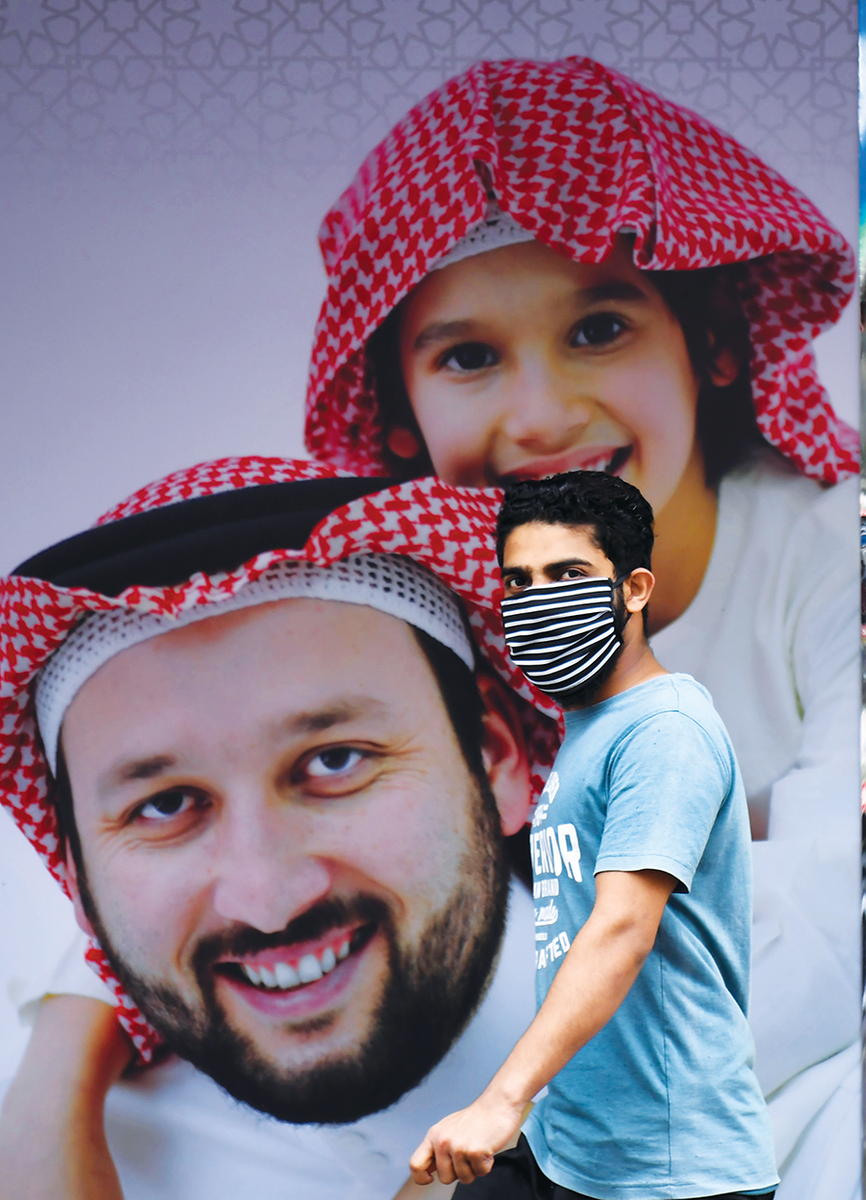DUBAI: Radical changes to corporate ownership and investment laws could provide a significant boost to the UAE as it seeks to emerge from the ravages of the coronavirus pandemic lockdowns, business experts told Arab News.
The Emirati authorities have announced a raft of changes that relax restrictions on foreign ownership and make it easier for international businesses to set up and operate in the UAE, as well as new rules that will allow more shares to be listed on the country’s stock exchanges.
Economics expert Nasser Saidi said: “The liberalization of foreign ownership laws breaks down major barriers to the right of establishment. The reform is a game-changer.”
Tarek Fadlallah, CEO of Nomura Asset Management in the Middle East, said: “I would like to see some more detail, but if the deal is that you can leave London or New York and set up easily in the UAE, it’s revolutionary in regional terms.”
The changes were announced in the form of a presidential decree. “Maybe it’s pandemic related, but everything the UAE authorities have done this year has been extremely positive for the business and financial environment,” Fadlallah added.
Under the changes, companies seeking to quote shares on UAE markets will be able to list up to 70 percent of their shares, a big jump from the previous 30 percent limit, in a move that could reinvigorate local stock markets.
“It will encourage foreign direct investment, but also lead to a recapitalization of jointly owned companies and encourage entrepreneurs to invest in businesses and new ventures. Importantly, it will encourage the retention of savings in the UAE,” Saidi added.
The most eye-catching of the planned changes is the move to allow foreign firms to set up outside free zones without the requirement for a majority Emirati shareholder or agent.
The new set-up will in theory open the way for full foreign ownership throughout the UAE, although the Emirati authorities have been pragmatic in the past in their efforts to attract big-name foreigners. Apple was allowed full foreign ownership when it set up its first store in the country five years ago.

Pandemic restrictions have hit an already sluggish UAE economy. (AFP)
More foreign firms setting up onshore could be seen as a threat for the free-zone model that has been one of the driving forces behind the UAE’s rise to become the regional business hub.
Habib Al-Mulla, executive chairman of Baker & McKenzie Habib Al-Mulla law firm, said: “Free zones will now face a real challenge. They either come up with a new package of incentives or their role ends.”
Other proposed changes also represent a break from the traditional business culture in the region. Rules that required a company chairperson to be an Emirati national, and for company boards to have an Emirati majority, have also been removed.
In addition, the decree allows for the dismissal of a chairman or any other board member if a judicial judgment is issued against them for committing fraud or misuse of power, while enabling stakeholders to sue a company in civil court over any failure of duty that results in damages.
Electronic voting will also be allowed at shareholder meetings, in a departure from the requirement for a physical show of hands.
“The decree is reflective of the UAE’s forward-looking vision to open up its economy by creating a favorable legislative environment that will keep pace with the changes taking place across the global economy and supporting companies operating in the country,” the official UAE news agency, WAM, said.
Some sectors regarded as of strategic importance — such as energy, utilities, and government-owned businesses — will be exempt from the new rules, and there is a certain amount of discretion given to local authorities in setting rules regarding Emirati directors and determining fees and charges payable under the new regulations.
This week’s changes are the latest in a series of reforms that have been accelerated in the UAE since the COVID-19 pandemic recession struck an already sluggish business scene.
New rules on residency visas have been introduced to alleviate problems in the real estate market, especially in Dubai, as well as a range of changes to social and lifestyle reforms.
“Along with the change in visa regulations, the new reforms will boost the UAE’s growth prospects,” Saidi said.
Ziad Daoud, Dubai-based chief emerging markets economist at Bloomberg, said: “Diversifying Gulf economies away from oil requires attracting foreign investment as well as fixing the distorted labor market. Most other measures are cosmetic. We’ll see how they are implemented, but the initial assessment of the new regulations is positive.”
























